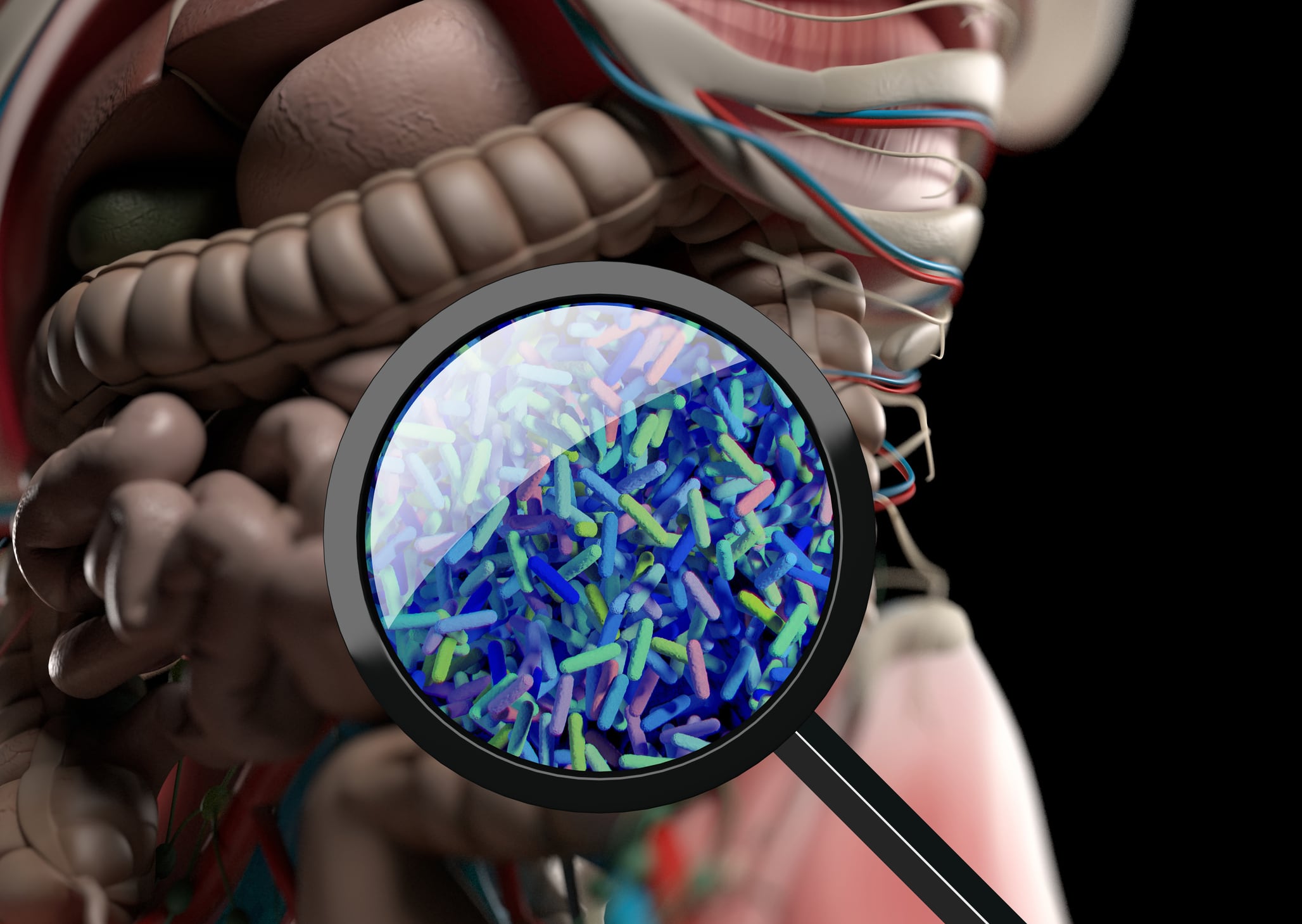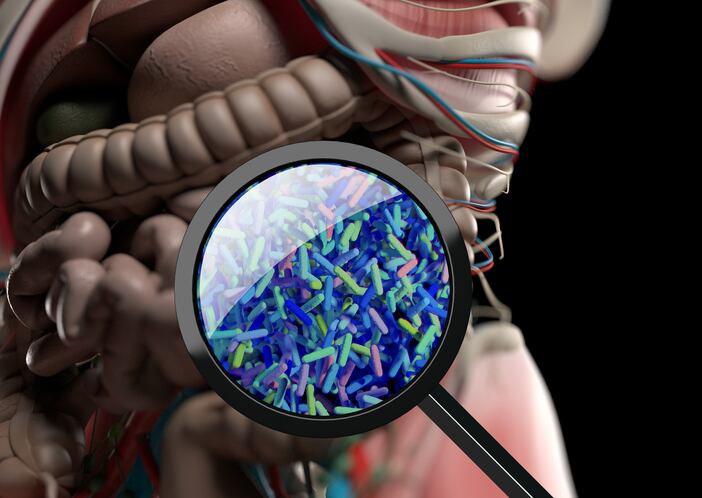Studies have previously discovered significant differences between the gut microbiota of lean and obese subjects. For example, an increased Bacteroidetes/Firmicutes ratio in the gut has been associated with obesity development and a lower microbial diversity has been observed in obese subjects, compared with lean subjects.
Additionally, dietary intake is a key modulator of the gut microbiota. For instance, a high intake of fat and saturated fatty acids (SFAs) has been found to reduce the richness and diversity of the gut microbiota, whereas a high intake of proteins is correlated with high concentrations of Bacteroidetes, a phylum related to weight loss, in the gut microbiome.
Even though the available evidence highlights the characteristics of the gut microbiota in obese subjects, information about the association between clinical variables linked to obesity and dietary intake and the gut microbiota in humans remains scarce.
In the present cross-sectional study, a team of researchers from Spain aimed to differentiate the gut microbiota of overweight/obese from that of lean subjects, and to determine its association with clinical variables and dietary intake.
A study was performed with two different populations: 96 overweight/obese (BMI ≥ 25 kg/m2 and ≤35 kg/m2) subjects and 32 lean subjects (BMI < 25 kg/m2). All subjects were recruited between June 2016 and December 2018 from Reus and its outskirts (Spain), and all study visits took place in Eurecat, Centre Tecnològic de Catalunya, Unitat de Nutrició i Salut.
Blood samples were taken to measure total cholesterol, high-density lipoprotein (HDL) cholesterol, triglycerides and glucose concentrations. Blood pressure measurements and stool samples were also taken.
A three-day dietary intake record was recorded and the participants' mean daily energy and nutrient intakes were calculated from Spanish Food Composition Tables.
Results
Body weight, waist circumference and BMI showed a positive association with Dorea formicigenerans, Dorea longicatena and Collinsella aerofaciens therefore the researchers conclude these are species that could be considered microbiota biomarkers of obesity.
A negative association was observed between body fat or the LDL or total cholesterol levels and the Lachnospiraceae family, mainly Lachnospira pectinoschiza, which suggests that a reduction in the abundance of Lachnospira increases lipid cardiovascular disease risk factors.
The consumption of SFAs was found to be associated with bacterial butyrate producers, negatively associated with the genus Intestinimonas (a biomarker in the overweight/obese group) and positively associated with the genus Roseburia (a biomarker in the lean group).
The researchers conclude: "Dorea formicigenerans, Dorea longicatena and Collinsella aerofaciens could be considered obesity biomarkers, Lachnospiraceae is associated with lipid cardiovascular risk factors.
"Whilst the results of the present work have to be taken with caution as they are associations obtained through an observational study and cannot show effects or mechanisms, this study reveals the relationship between diet and the gut microbiota opens new opportunities for the management of obesity."
Source: Nutrients
Companys. J., et al
"Gut Microbiota Profile and Its Association with Clinical Variables and Dietary Intake in Overweight/Obese and Lean Subjects: A Cross-Sectional Study"
https://doi.org/10.3390/nu13062032





